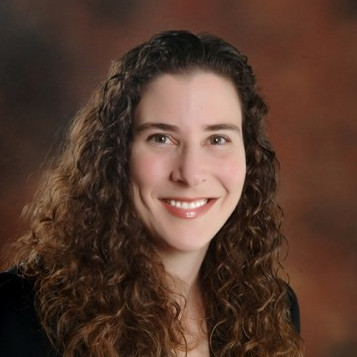Tuesday, February 9, 2021 | 11:00 a.m. to Noon MT
Building Codes Save: The Data Behind a Nationwide Effort to Reduce Hazard-Related Property Loss

Webinar Description:
In August 2020, the Federal Emergency Management Agency released a long-awaited report on the financial savings that can be achieved by adopting stronger building codes that protect communities from property damage caused by hazards and disasters. The report, Building Codes Save: A Nationwide Study, found that billions of dollars could be saved by employing such codes.
Join us for this upcoming webinar that will discuss the importance of building codes and the need for greater adoption of hazard-resistant codes in communities nationwide. Experts will describe the Building Codes Save study; demonstrate the monetary benefit of adopting such codes; quantify the effect of hazard-resistant building codes in reducing flood, hurricane, and earthquake losses; and highlight how the results can be used to incentivize hazard-resistant code adoption.
Speakers:
Mathew Francis
Senior Principal, AECOM
Frank Lavelle
Vice President and Principal Engineer, Applied Research Associates
Shane Parson
Modeling Analyst, AECOM
Hope A. Seligson
Regional Loss Estimation Specialist, Independent Consultant
Jonathan Westcott
Civil Engineer, Federal Emergency Management Agency
(Note: at 4:55, Hope Seligson is incorrectly identified as an a structural engineer.)
Natural Hazards Center Overview Slides
Webinar Slides
Webinar Questions
Resources:
Building Codes Save: A Nationwide Study of Loss Prevention

Matt Francis is a senior principal at AECOM, with 26 years of consulting experience in geohazards and foundation engineering, building codes development, infrastructure resilience planning, design, and construction, specializing in earthquake mitigations. Francis is currently is technical lead for the Compass JV contract team supporting the Federal Emergency Management Agency's Building Codes Save program. He is a professional fellow of EERI and a member of the ASCE Infrastructure Resilience Division and the ASCE 7 Seismic and Tsunami Loads Committees.

Frank Lavelle is a vice president and principal engineer with 30 years of research, development, and project management experience in probabilistic risk assessment, catastrophe loss modeling, and decision support software. Lavelle is the product manager of ARA’s HurLoss hurricane catastrophe loss model, available on both ARA’s platform and the Oasis Loss Modelling Framework. Lavelle has been the ARA program manager for disaster and failure studies and community resilience support services for the National Institute of Standards and Technology (NIST). He has performed numerous ratemaking and probable maximum loss studies for both property insurers and real estate industry clients. Lavelle is a member of the American Society of Civil Engineers and is a registered professional engineer in North Carolina.

Shane Parson is a natural hazard and climate change modeling analyst at AECOM. He has over 30 years of experience conducting research and project studies for natural hazard simulations, risk assessment modeling, benefit-cost and loss avoidance analysis, hazard mitigation, and climate change analysis. Parson has been a long-time subject matter expert and independent tester for both the Federal Emergency Management Agency Benefit Cost Analysis software, and the FEMA Hazus software. Parson has served as the Hazus lead to the FEMA Headquarters Flood Risk Products Team since 2010. His current focus is on applying data analytics in cloud environments for modeling projects.

Hope A. Seligson has over 30 years of experience in natural hazard risk assessment, regional loss, and casualty estimation to support emergency response and mitigation planning. Seligson served on the interdisciplinary team that developed the flood loss estimation methodology for Hazus, the Federal Emergency Management Agency’s National Multi-Hazard Risk Assessment Methodology and Software. Seligson has written guidelines for improving inventory databases for Hazus and developed numerous enhanced inventory databases specifically for use in Hazus. She has also worked with public health researchers to enhance the state-of-the-art in earthquake-related injury modeling techniques.

Jonathan Westcott is a civil engineer with the Federal Emergency Management Agency's (FEMA) Building Science Branch. He has been with FEMA's Federal Insurance and Mitigation Administration since 2006. Westcott is responsible for developing technical policy, standards, and guidance on building science issues and led FEMA's Building Codes Save study. Westcott earned his bachelor's in civil engineering from Lehigh University with a coastal engineering specialty and a coastal engineering certificate from Old Dominion University. Westcott is a registered professional engineer in the Commonwealth of Virginia.